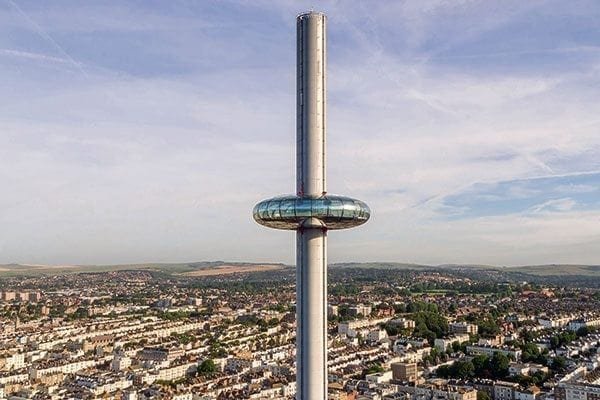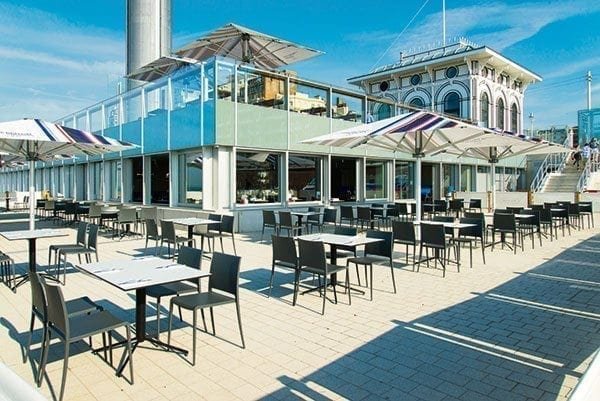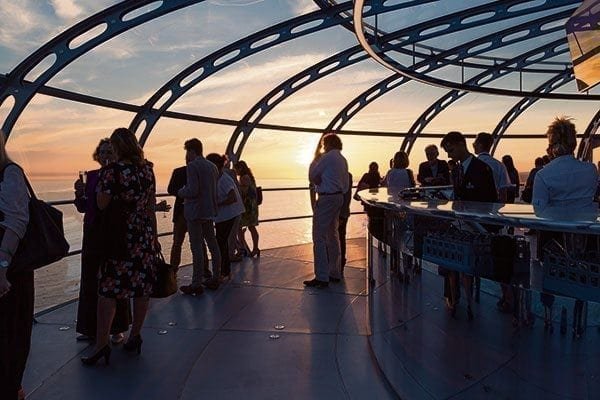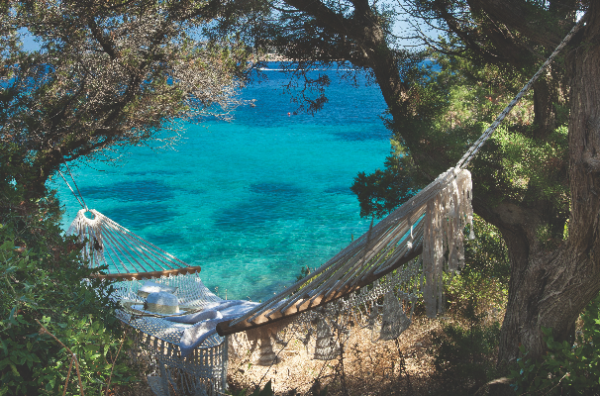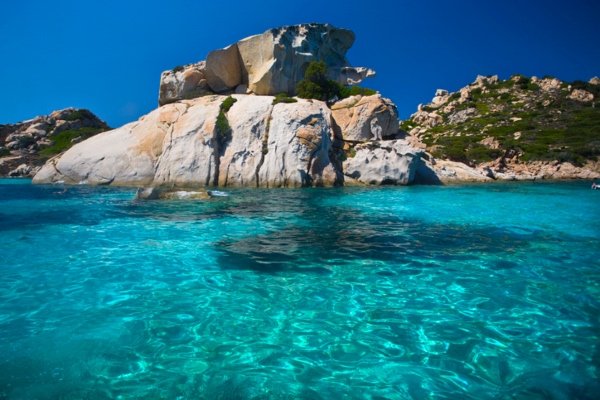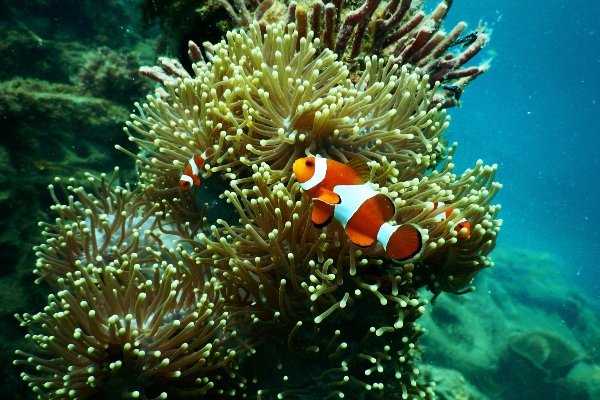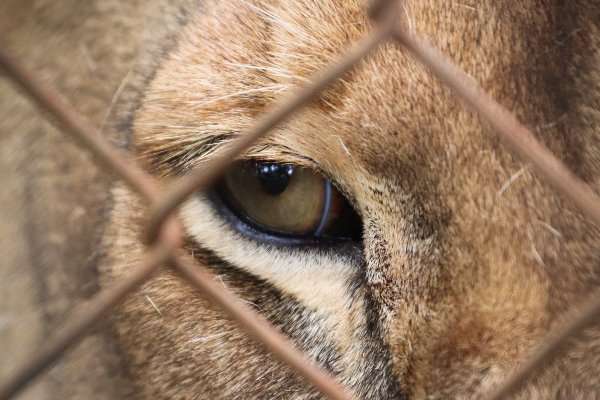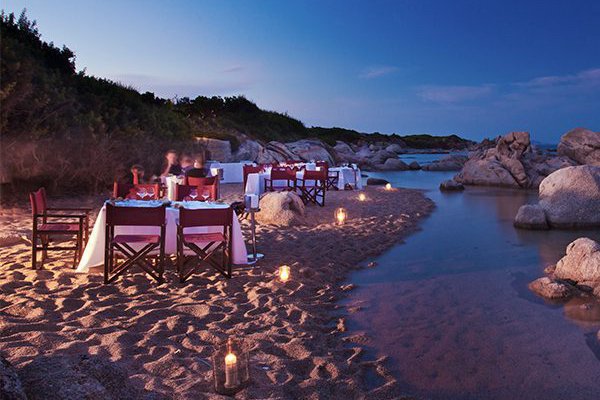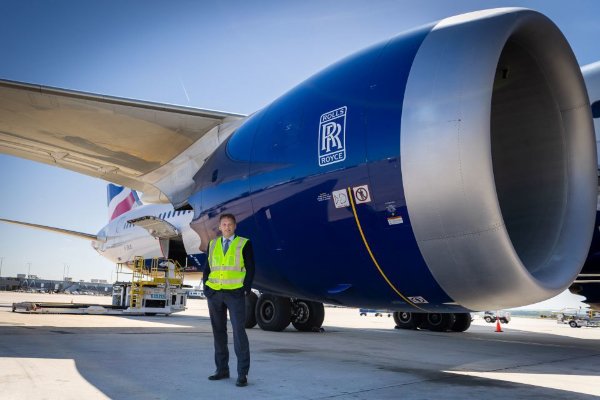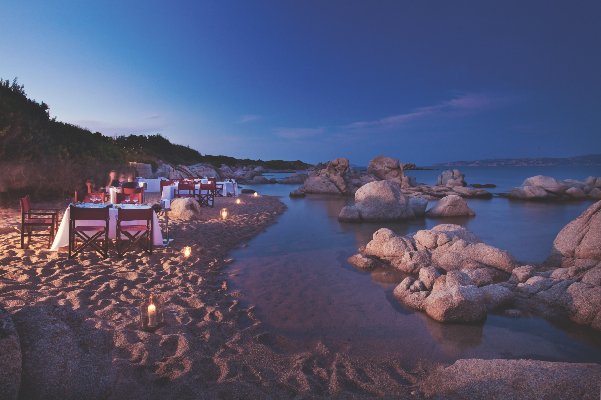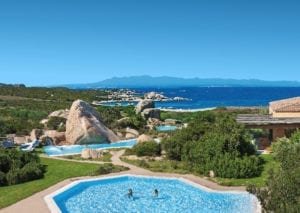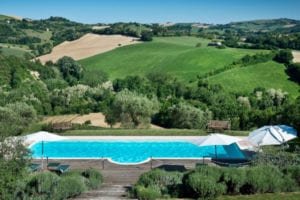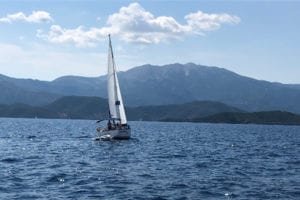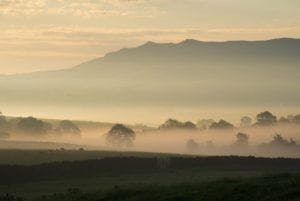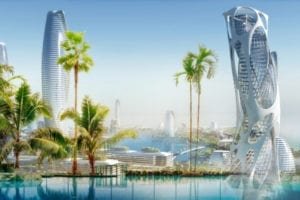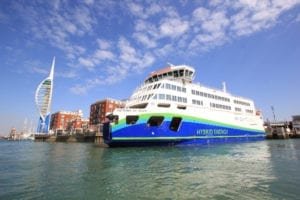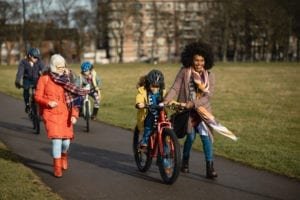A sustainable approach
At the base of the British Airways i360 tower is a single-storey beach building housing a restaurant, shop and events spaces, all of which are heated and cooled by electrically powered air source heat pumps. These harvest renewable thermal energy from the outdoor air and deliver it to air circulation units around the building.
The system operation is reversible, providing energy-efficient space cooling while also discharging the excess heat to the outside air. If the weather conditions are viable, natural ventilation can be used in some spaces, too.
‘Sustainability is about the approach taken to the design of British Airways i360, and also about how we work’, says David. ‘During construction as little material as possible was sent to landfill. All of the shingle excavated from the foundations went to Shoreham to be returned to the beach, helping to reverse the longshore drift.
‘The menus in our restaurant feature fresh, locally sourced food that has been caught, reared and grown in Sussex. In our shop, we use recyclable material where possible. Our team is encouraged to cycle, walk or take public transport to work. We have no company cars or parking permits and we provide dedicated cycle storage, showers and changing facilities.’
Brighton’s architectural identity
So what about the built environment, the city around it? British Airways i360 is situated at the root end of the historic West Pier, once described by English Heritage as ‘the finest pleasure pier ever built’.
Tragically, ravaged by the elements and subsequently devastated by fire, by 2004 the pier had become a ruin beyond restoration. This prominent site was framed by a dilapidated stretch of seafront and needed bold yet sensitive regeneration.
‘Brighton has a long tradition of expressing its identity through remarkable architecture, with landmarks that include the Royal Pavilion as well as the West Pier’, said David. ‘As Sir Anthony Seldon commented in his book, Brave New City, Brighton has been most successful ‘when it has been bold and imaginative’.
After a decade-long process of working with the West Pier Trust, Brighton & Hove City Council and local enterprise group Coast to Capital – and after extensive consultation with the city’s residents and businesses – British Airways i360 finally opened in August 2016.
‘We are guided by the conviction that design is a powerful tool for both social and environmental good. At its best it improves people’s lives while drawing on a minimum of the Earth’s limited resources. Architecture is in its essence optimistic, combining both creativity and hope. It can be a catalyst for renewal and encourage environmental awareness, increasing positive connections between civil society, the natural and the built environment.’
DAVID MARKS
Marks Barfield Architects
It is estimated that the attraction will bring £25m per annum in economic benefit to Brighton & Hove; it also champions local businesses wherever possible and has generated hundreds of new jobs that pay the living wage.
British Airways i360 deputy chair Julia Barfield said, ‘At the London Eye we first experienced what impact a heady mix of innovative architecture and engineering combined with a great view can have on a city. How it can be a catalyst for regeneration, breathe new life into forgotten areas and, most importantly, give back to the city. ‘Once you have experienced this, there is an almost irresistible urge to do it again – to drop another piece of design into the water and watch the ripples. We hope and expect that British Airways i360 can have a similar positive effect on another great city: Brighton.’
Click here to find out more about British Airways i360.
 Play Video about This Rock Might Just Save The World
Play Video about This Rock Might Just Save The World Play Video about Play 2 hours of rock
Play Video about Play 2 hours of rock Play Video about Play 2 hours of brook
Play Video about Play 2 hours of brook Play Video about Play 2 hours of sheep
Play Video about Play 2 hours of sheep

















